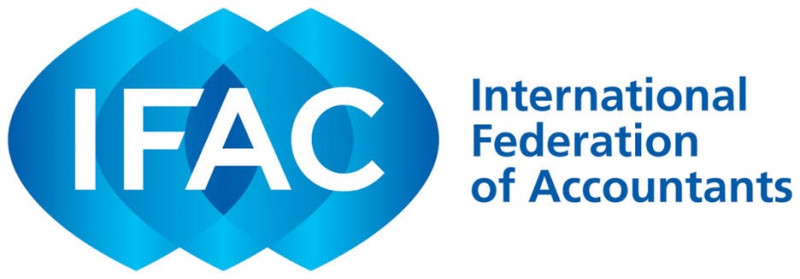CATEGORIES
- (3) Negotiating Tax Debt and Payment Arrangements with SARS
- (2)Account / Profile
- (541)Accounting
- (2)Accounting and Finance
- (23)Audit
- (156)Auditing and Assurance
- (1)Business
- (1)Business Management
- (3)Business Rescue
- (97)CIPC
- (7)Compliance
- (18)Ethics and Professionalism
- (46)Financial Reporting
- (1)Government Funding Applications
- (4)Guides
- (1)Individuals Tax
- (22)Law
- (37)Legal and Compliance
- (2)Management
- (5)Miscellaneous
- (25)Money Laundering
- (1)Personal & Professional Development
- (2)Practice Management
- (2)Professional Ethics
- (3)Public Sector
- (145)Regulatory Compliance and Legislation
- (41)SARS Issues
- (27)Sustainability Reporting
- (33)Tax
- (1)Tax Update
- (6)Technology
- (1)Wills, Estates & Trusts
- Show All
IFAC_Time for action on sustainability
- 25 March 2022
- Accounting
- South African Accounting Academy

With the establishment of the International Sustainability Standards Board (ISSB), the way forward is clear: The accountancy profession must lead on climate reporting and other material environmental, social and governance (ESG) disclosures and their assurance —contributing to strong and sustainable financial markets and economies and enabling the UN’s Sustainable Development Goals.
Here are 4 next steps the profession should take to ensure we are best positioned to succeed:
- Advocate for smart sustainability-related policymaking & regulation—starting with support for the new ISSB and requiring assurance of sustainability disclosures.
- Adopt an integrated mindset—breaking down information silos within companies and promoting an interconnected approach to what companies report and have assured.
- Be proactive on climate reporting—complying with existing standard-setter requirements and best practices.
- Demonstrate sustainability-related skills and competencies— ensuring professional accountants continue to expand the value-added services they are able to offer in the future.
Click here to access the 2-page publication:
Relevance to Auditors, Independent Reviewers & Accountants:
- Sustainability reporting is important, because:
- Information & Data: Professional accountants are at the center of information flows and decision making—uniquely positioned to capture, analyze, report on, and assure sustainability information.
- Relevant Skills & Competencies: Interconnecting financial and sustainability information must happen. This relies on the skills and competencies of professional accountants—combining understanding of a company’s business model, risks/opportunities, systems/processes and performance with knowledge of sustainability factors and the ability to collaborate with experts.
- Global Reach: Professional accountants are globally connected to meet the needs of global capital markets, global clients and global supply chains.
- High-Quality Assurance: Assurance services, based on the IAASB’s ISAE 3000 (Revised)—applied by professional accountants in compliance with quality management standards and an ethical framework—enhance credibility and trust in sustainability disclosure. High-quality sustainability assurance should be mandatory.
- Public Interest Mandate: As a regulated profession, professional accountants are subject to an ethical code, public oversight, and charged with acting in the public interest. Their professional judgment and skepticism, independence, and competencies are unique.
Relevance to Your clients:
- When compiling financial statement, Interconnecting financial and sustainability information must happen.
- This relies on the skills and competencies of professional accountants (who are the ones that compile the entity’s financial statements) —combining understanding of a company’s business model, risks/opportunities, systems/processes and performance with knowledge of sustainability factors and the ability to collaborate with experts
To stay current with all the latest changes and updates subscribe to our Monthly Compliance and Legislative Update series for R 250.00 per month. This gives you access to a monthly 2-hour webinar and monthly newsletter:
https://accountingacademy.co.za/profession/monthly-legislation-update
Get all your CPD online. SA Accounting Academy (SAAA) offers Subscription Plans, Live Webinars, Webinars On-Demand, Access to Experts, Courses, Articles and more:
https://cpd.accountingacademy.co.za.
Our Content
Live Webinars
View upcoming live accounting and practice management webinars.
Learn MoreWebinars On-Demand
Browse our extensive range of relevant accounting and practice management webinars.
Learn MoreCourse
Browse our relevant and practical online courses.
Learn MoreCPD Subscription Plans
Access to professional and technical content that ensures both your knowledge and skills are maintained.
Learn MoreLegislation
Access updated legislation including amendments.
Learn MoreTechnical FAQs
A source of commonly asked technical accounting questions.
Learn More






